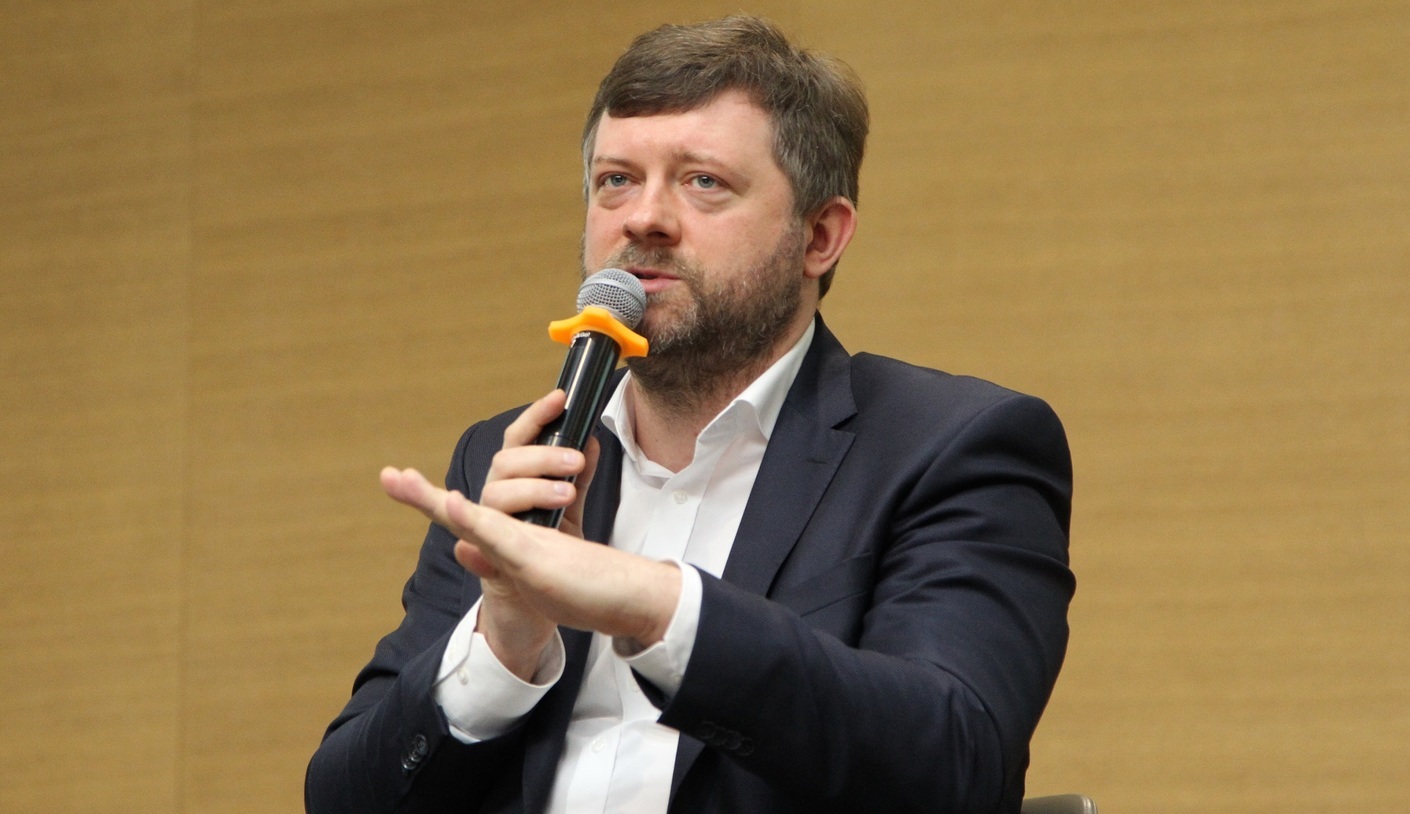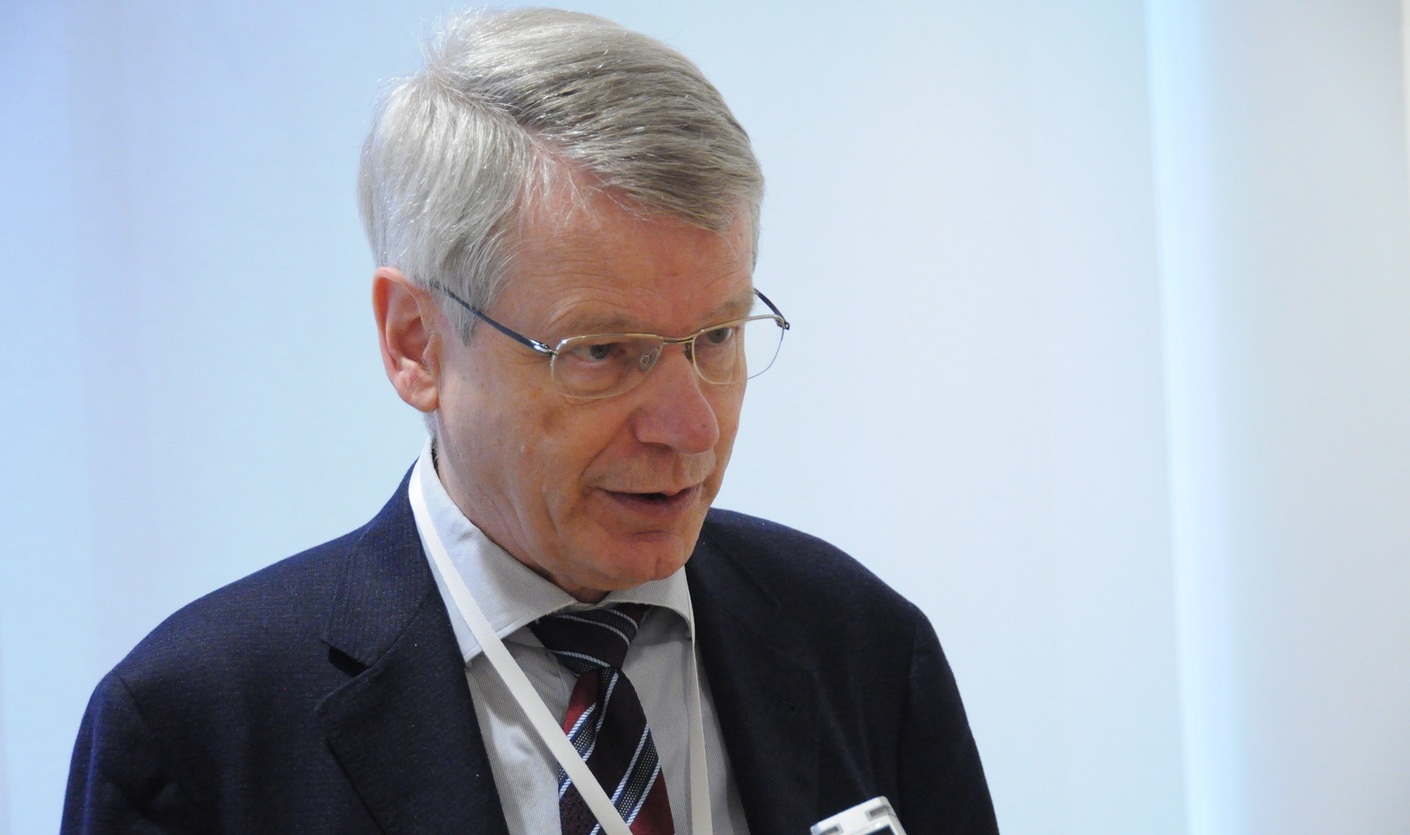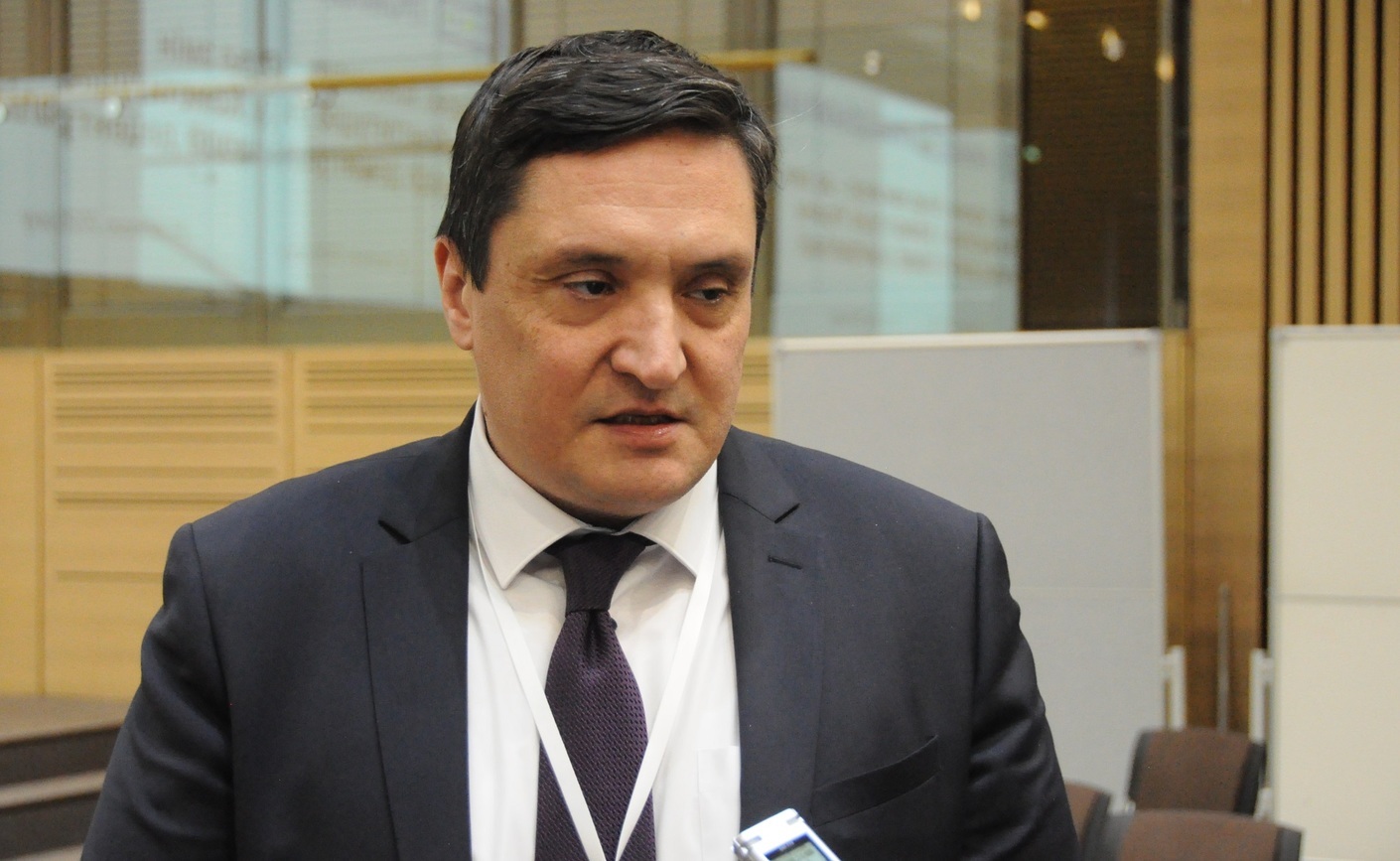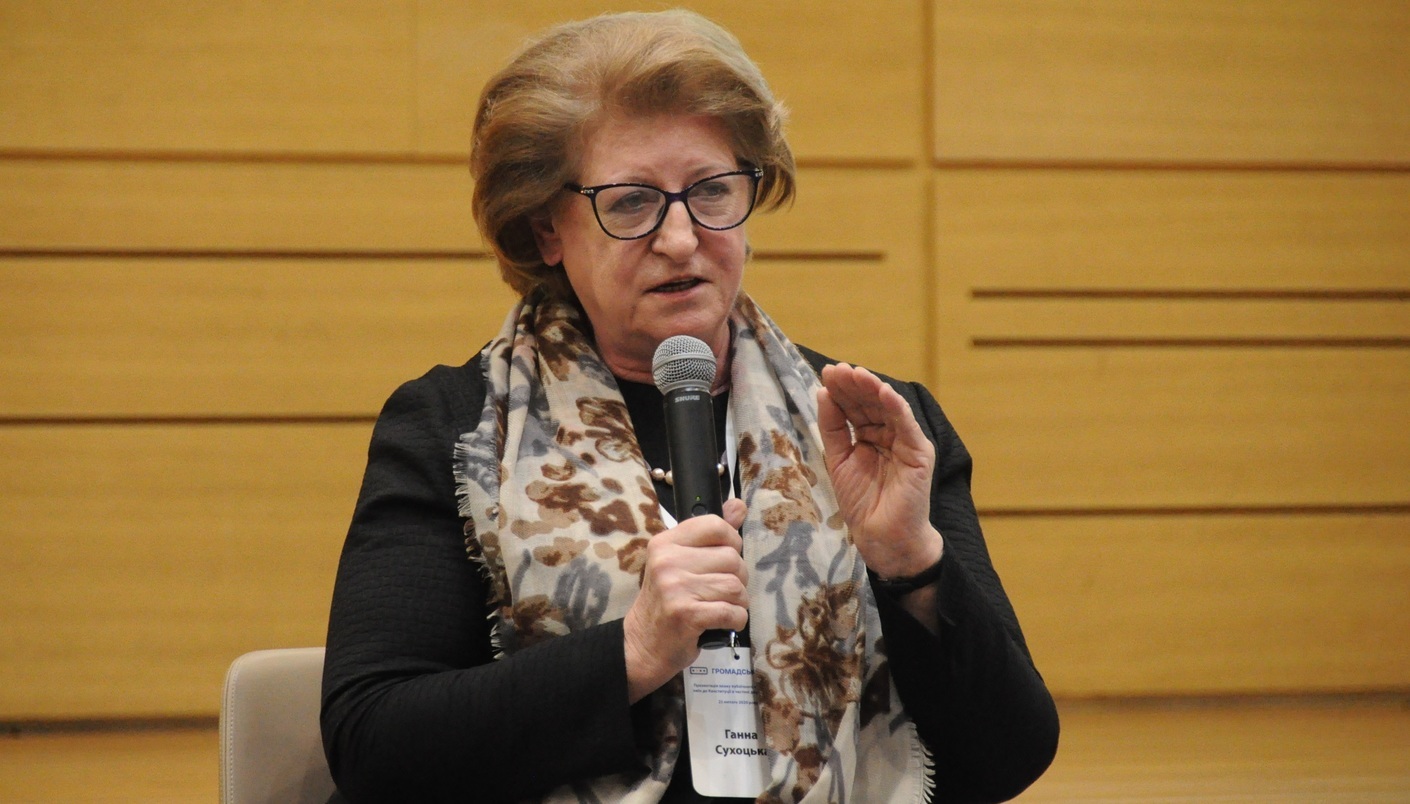Decentralisation and Constitution – Search for consensus: what is international community saying about it?
The international community supports the desire of Ukraine to enshrine the reformed system of local self-government and territorial organisation of power and decentralisation of powers in the Basic Law. Representatives of the Council of Europe and the Venice Commission welcomed the launch of a broad public discussion of future constitutional changes by the authorities and assured of continued support for the implementation of decentralisation of power in Ukraine. They took part in a presentation of a plan of public discussions of amendments to the Constitution of Ukraine regarding decentralisation of power that took place in Kyiv on 25 February.
Thomas Markert, Secretary of the Venice Commission, in commenting to decentralisation.gov.ua website noted the strong support for the reform of local self-government and decentralisation of powers the Ukrainian society by the Ukrainian society. In view of this, he said, the positive changes that have occurred as a result of the reform implementation need to be strengthened legislatively.
“Decentralisation is the most successful reform in Ukraine, especially in terms of capable hromadas’ formation. As a result, hromadas that amalgamated for the sake of their capability are given additional powers and resources. We see that the reform is supported by the residents of Ukrainian cities and villages. The current Constitution of Ukraine does not fully reflect state approaches to the exercise of local self-government in Ukraine. Therefore, it is a challenge for your country to amend the Constitution, which will enshrine decentralisation of power. But it is very good that the authorities have initiated a wide dialogue with all stakeholders on this issue, and we hope it will be effective,” said Thomas Markert.
He stressed that the Venice Commission, for its part, will make every effort to promptly provide a conclusion on the draft amendments to the Constitution of Ukraine regarding decentralisation, prepared following the discussions in Ukraine.
“The Venice Commission is working closely with all the Council of Europe departments on this issue. We do not know when we will receive the draft changes, but we are ready to do everything possible with our Ukrainian partners so that the Commission can give its conclusion on the draft very quickly,” said Thomas Markert.
On 11-14 March, negotiations will take place at the Council of Europe Headquarters in Strasbourg between representatives of Ukraine’s stakeholders. This is another important link towards consensus, said Daniel Popescu, Head of the Centre of Expertise for Local Government Reform of the Directorate General ІІ – Democracy.
“This event is aimed at gathering all Ukrainian partners and discussing a list of issues that need to be agreed on. The experience of other European countries shows that 90% of such consensus can be reached. This also applies to the issue of oversight of local self-government decisions, around which there is perhaps most discussion. I cannot get ahead, but I expect that we will be able to reach a consensus. I can not predict what it will be like, but it will be an acceptable system that protects local self-government,” said Daniel Popescu to decentralisation.gov.ua.
Hanna Suchocka, Honorary President of the Venice Commission, Prime Minister of Poland in 1992-1993, emphasised the importance of moving away from excessive detail in the draft of future constitutional changes.
“The Constitution does not have to be very detailed, otherwise it will be difficult enough to find consensus. We see that Ukrainian society is interested in reforming local self-government. Therefore, all parties need to make every effort to meet society’s expectations.”
The Servant of the People party predicts that the draft law on amendments to the Constitution of Ukraine regarding decentralisation will be submitted to the Verkhovna Rada at the end of March, and in autumn – voted as a whole.
Oleksandr Korniyenko, MP of Ukraine, first deputy head of the Servant of the People faction, noted that decentralisation of power should have clear “red lines”. They relate, first and foremost, to the defense component that the state must provide when local councils make decisions that are contrary to the Constitution or threaten territorial integrity.

It is worth reminding that from 27 February to 4 March there will be round table discussions of changes to the Constitution of Ukraine regarding decentralisation held in the regions.
Tags:
Konstytutsiia obhovorennia Constitution Oleksandr Korniienko
Source:
Прес-центр ініціативи «Децентралізація»
22 November 2024
Уряд затвердив розподіл додаткової дотації для місцевих бюджетів на майже 800 млн грн
Уряд затвердив розподіл додаткової дотації для...
22 листопада, Уряд затвердив черговий розподіл додаткової дотації для місцевих бюджетів, повідомили у Міністертсві...
22 November 2024
Окремі питання обмеження доступу до публічної інформації в ОМС в умовах воєнного стану
Окремі питання обмеження доступу до публічної...
Програма USAID DOBRE підготувала відеороз’яснення на тему: «Окремі питання обмеження доступу до публічної інформації...
22 November 2024
Конкурс «Громада на всі 100»: став відомий список фіналістів
Конкурс «Громада на всі 100»: став відомий...
Завершився другий етап конкурсу «Громада на всі 100», під час якого серед 261 громади обрали 40 учасників, що...
22 November 2024
Division of competences between the state and...
18 листопада у Бучі відбувся круглий стіл щодо розподілу повноважень органів місцевого самоврядування та органів...


